The 9th National Antarctic Science Expedition continues conducting extensive research in Antarctica, focusing on the impact of human activities on aquatic ecosystems and the region’s biodiversity.
The team of Turkish scientists, whose expedition was organized under the auspices of the Presidency, in coordination with the MAM Polar Research Institute of the Scientific and Technological Research Council of Türkiye (TÜBİTAK) and under the authority of the Ministry of Industry and Technology, is analyzing new bacterial discoveries, microbiome mapping, various pollutants and bioactive compounds, aiming to contribute to global scientific knowledge.
Operating from Horseshoe Island, which is considered Türkiye’s scientific base in Antarctica, researchers are pursuing various projects by collecting samples of water, glacier ice, soil, sediment and animal feces to assess the effects of climate change and pollution on the region’s delicate ecosystem. The team is also monitoring local wildlife, including whales, seals and penguins, to evaluate changes in their habitats and food sources.
One of the key projects focuses on antibiotic resistance, a growing global concern. Dr. Selma Sezen from Ağrı Ibrahim Çeçen University is leading a study to discover new antimicrobial peptide-producing bacteria, which could contribute to the development of next-generation antibiotics.
“Existing antibiotics are becoming less effective. We aim to find microorganisms in Antarctica that could help create new treatments for infections,” Sezen stated.
Another significant study is being led by Aydın Kaleli from Istanbul University’s Faculty of Aquatic Sciences, who is mapping the microbiome of Horseshoe Island’s coastal areas. This involves identifying and studying microorganisms – such as bacteria, fungi and viruses – living in the environment to understand their relationships with ecological factors.
“We are cataloging the microorganisms in this region at a molecular level, providing important data for future research,” Kaleli explained.
Additionally, Buse Tuğba Zaman from Yıldız Technical University is examining organic and inorganic pollutants in the region to assess their impact on wildlife and the environment.
“By analyzing water and fecal samples, we aim to identify pollution levels and propose protective measures to safeguard the health of local species,” she noted.
The research also holds promise for biotechnology, as TÜBİTAK MAM scientist Neslihan Taşkale Karatuğ is studying bioactive compounds found in Antarctic microorganisms, which could have applications in medicine and industry.
“Antarctica’s extreme conditions make its microorganisms highly valuable. By analyzing samples, we hope to discover new bioactive substances with potential benefits,” she said.
With these studies, Türkiye continues to strengthen its role in global polar research, contributing to scientific advancements while emphasizing the importance of environmental conservation and sustainable exploration in Antarctica. The expedition is expected to yield significant findings that will support climate change studies, medical research and environmental protection efforts worldwide.

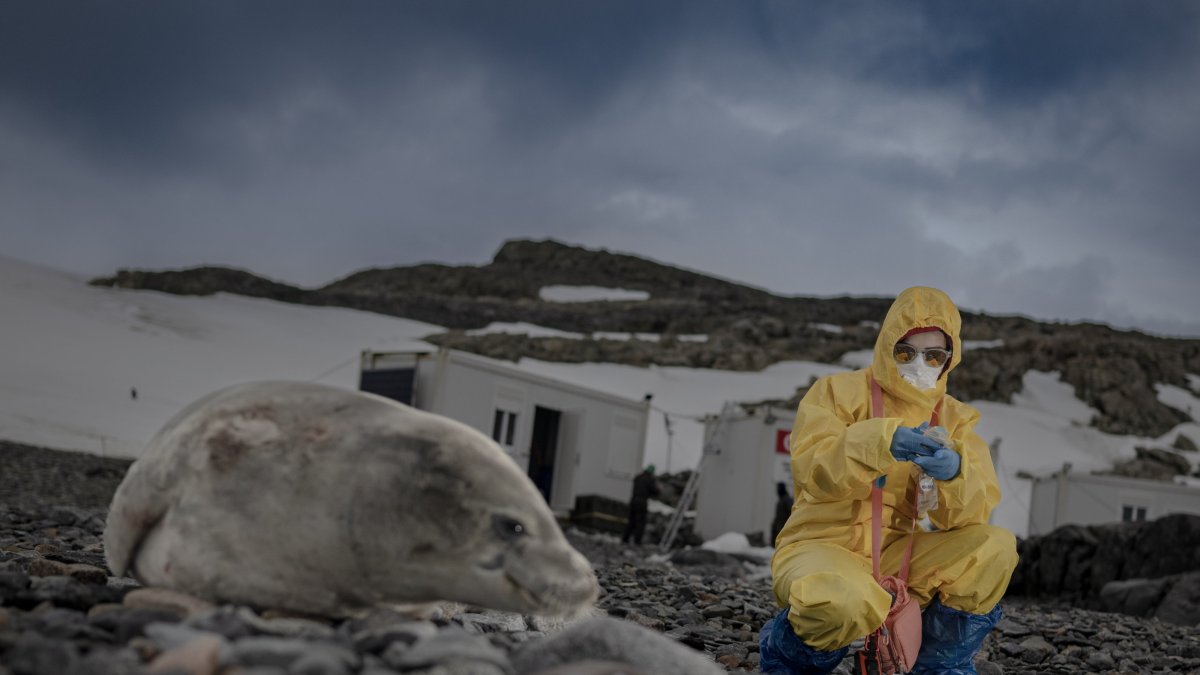





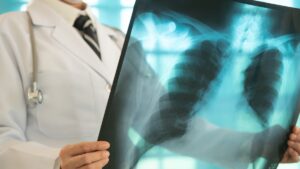


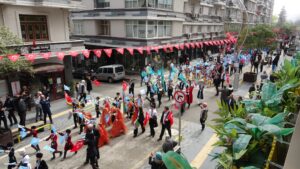




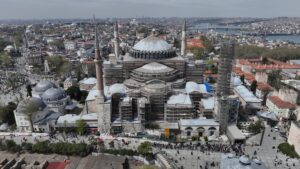

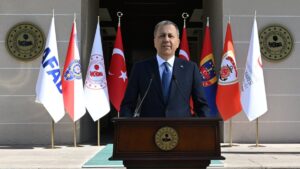

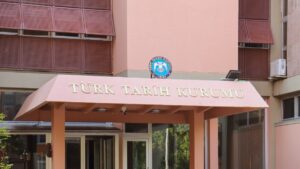
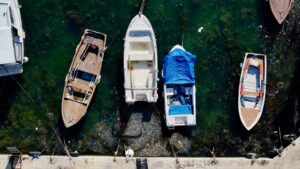
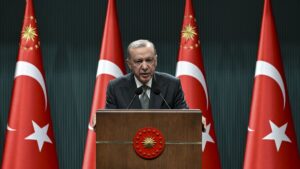
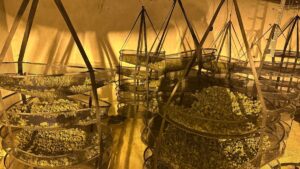

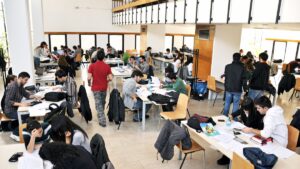


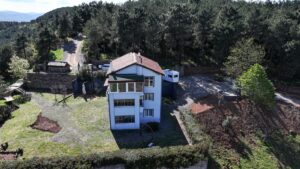
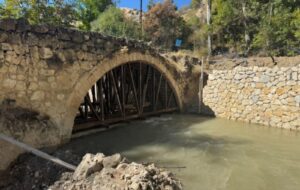
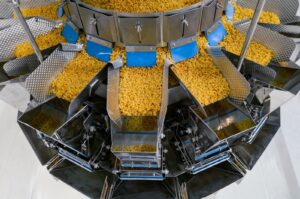
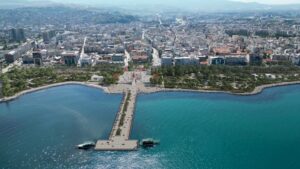
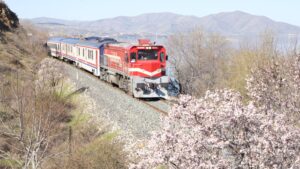


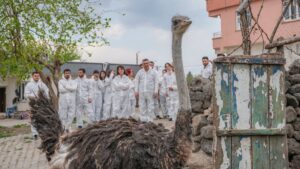
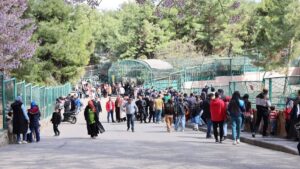
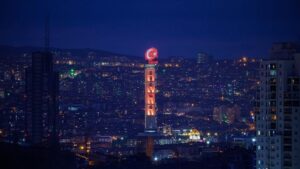
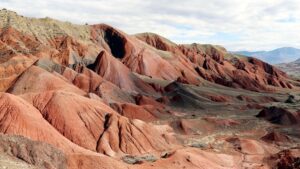

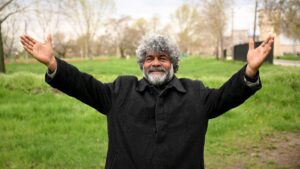

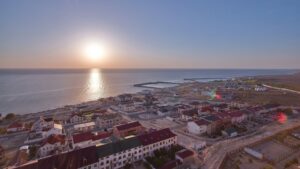
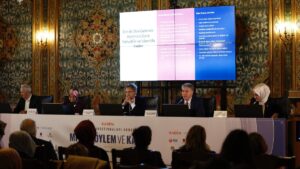

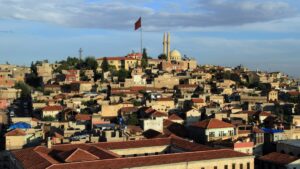
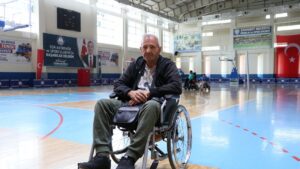
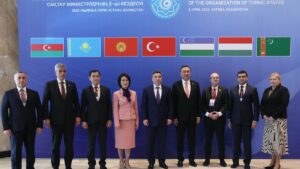
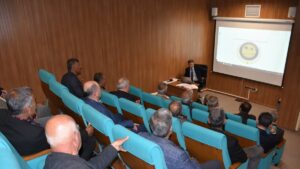

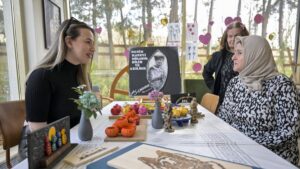


Be First to Comment